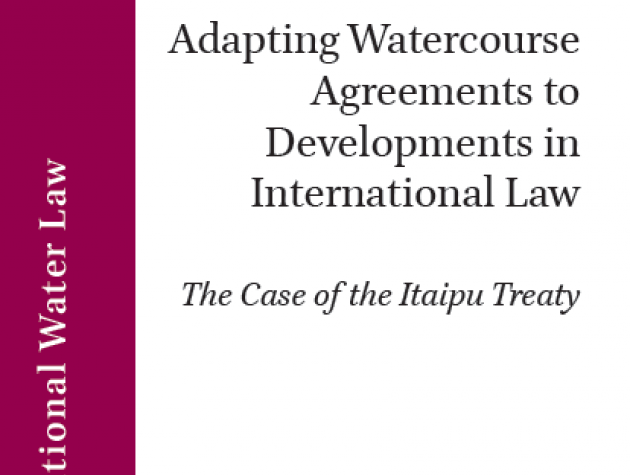Invest in Women's Organisations for a Change
Women’s organisations have initiated and led efforts to advance women’s rights globally. These organisations, which include grassroots groups and NGOs, have brought domestic and international attention to women’s rights violations and to discrimination against women, and have pressured international organisations and states to deal with these problems. In Liberia and other post-war states in Africa, they have urged governments to address women’s concerns and have provided vital health, social, and economic services and support to girls and women. Yet, despite the immense contribution that they are making, many of these organisations are severely underfunded. This lack of funding puts the advancement of women’s rights and gender equality, at risk.
Women’s organisations have made women’s rights an international policy issue. In addition to placing women’s rights on the agenda of the UN and other international organisations, they have pressured states to enact laws and introduce policies to improve girls’ and women’s physical security, their health, education, their participation in politics, and their economic advancement. These organisations have also played a key role in the implementation of these laws and policies.
In Liberia, where I have lived and worked, women’s organisations have partnered with the UN and other international organisations to influence the enforcement of women’s rights laws. One area in which they have been active is in the enforcement of laws to protect girls and women from violence. For example, the Association of Female Lawyers of Liberia (AFELL) urged the Ministry of Justice to establish the Sexual and Gender Based Violence Crimes unit. Established in 2009 in Monrovia, the unit specialises in prosecuting sex crimes. AFELL also lobbied for the establishment of Criminal Court E, a court dedicated to prosecute sex crimes. They have also played a role in developing the standards of procedure in the criminal justice sector. AFELL participated in drafting the Sexual Assault and Abuse Police Handbook for the Women and Children Protection Section of the Liberia National Police. And when these specialised agencies have failed to meet expectations, AFELL has advocated for improvements.
Their work has been complemented by a host of women’s organisations that provide psychosocial and financial support for survivors of violence. These organisations run safe homes that shelter battered women, help rape survivors to relocate to new neighbourhoods in order to escape stigmatisation, and provide job training for them. Their actions are mirrored across Africa, and the globe, and make a huge impact in the lives of girls and women.
It is for this reason that the underfunding of women’s organisations is a pressing problem. According to a recent report by Gendernet, a subsidiary body of the Organisation for Economic Cooperation and Development, only 0.5 percent of funding to promote women’s rights and equality went to women’s organisations. In Liberia, smaller organisations without the staff and expertise needed to successfully apply for these grants and to prepare reports are often at a disadvantage. Donors’ preference for disbursing short-term funding has limited what organisations are able to accomplish while donor-driven (instead of needs-driven) projects lead to the side-lining of problems that are not on the international radar but require urgent action.
It is, therefore, imperative that donors and states prioritise the funding of women’s organisations and that they change how they allocate and disburse this funding. They can reach smaller organisations and reduce the administrative burden on them by channelling grants through women’s funds such as the Global Fund for Women and the African Women’s Development Fund. WILPF supports AWID’s recommendations for donors to move away from short-term projects and towards multi-year and core funding in order to ensure project sustainability and to support capacity building within recipient organisations as well as a vibrant feminist movement.
Women’s organisations have been at the forefront of the campaigns for women’s rights and gender equality. They have played a key role in much of the progress that has been made in these areas and have the potential to bring about even greater transformation though their influence on the policy implementation process. Donors and states should, therefore, support their efforts to improve all aspects of girls’ and women’s lives.
The time is now to #MoveTheMoney from war to peace and gender justice: Invest in women’s organisations.







